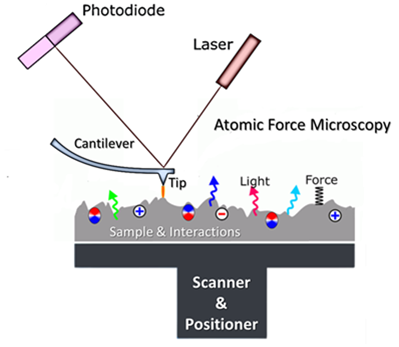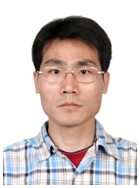March 26, 2020 11:00-12:00 (CST) Beijing
*Note: This webinar will be presented in Mandarin /中文

Nanoscience and technology is one of the most potential research fields in the current fundamental sciences and high-tech. The nanoscale characterization and measurement techniques, including Electron Microscopy, Scanning Probe Microscopy (SPM) and Super-Resolution Optical Microscopy, play key roles in the developing progress of Nano-S&T. Until now, a series of SPM techniques, especially Scanning Tunneling Microscopy (STM) and Atomic Force Microscopy (AFM), have become the core research tools for the materials’ structure, properties and functions at the micro- and nano-scale. As the most extensive SPM techniques, AFM can also be in corporate with the other spectroscopy techniques to realize their nanoscale characterization capabilities in real-space.
In this three-time talk, (1) the fundamental of SPM will be brief introduced firstly, then the basic theory, instrumentation and methods of AFM will be discussed detailed; (2) the three common AFM working modes and their specific applications; (3) the functional AFM modes and their basic principles and applications in the research of materials’ properties at the micro- and nanoscale. A brief comment on the further development of AFM probe techniques and their expanding application areas are also supplied.

Speaker:
Prof. Zhihai Cheng
Zhihai Cheng is a professor of Department of Physics, Renmin University of China (RUC). He received his Ph.D degree in Institute of physics, Chinese Academy of Sciences. Before joined RUC, he was a professor of National Center for Nanoscience and Technology (NCNST). His chief research interest is the advanced scanning probe microscopies and their applications in nanoscience and technology. He has published more than 60 peer-reviewed journal articles and some of them had been highlighted in many well-known scientific medias.






